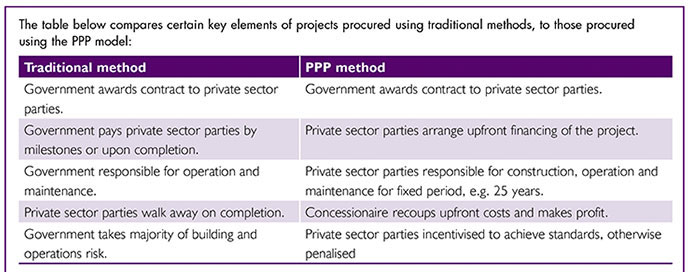Remote as one may think the ramifications are on an Asian company, compliance with the US FCPA can significantly impact upon and increase a company’s value. Mauro M.Wolfe and Kathrine A.Gehring of Duane Morris LLP clue us in on the potential opportunity cost of non-compliance … which can be substantial.
 On a recent trip to Asia, I was asked by an Indian CEO, “Why does the application of U.S. law matter to an Asian company?” In my experience, many commentators’ responses will focus on the social good or the corrosive impact on society. This may well be true. However, my response took a different angle, a more practical one. Suppose that by making your company compliant with U.S. anticorruption law a buyer was willing to pay you a premium for your company? Is the additional value of your company worth the cost of compliance? In most cases, the answer is yes. That, in addition to the larger societal and moral reasons, may be the best reason to comply with U.S. law: making your company much more attractive to buyers. The FCPA The unprecedented interest in Asian expertise and capacity by U.S. and international companies has led to greater scrutiny by U.S. regulators. The U.S. Securities and Exchange Commission (SEC) and the Department of Justice (DOJ) are now targeting U.S. and multinational companies with Asia-based affiliates, subsidiaries – along with certain Asian companies with U.S. market listings. As a result, FCPA review and compliance has become an essential part of any transactional due diligence with companies subject to U.S. regulation. The U.S. government holds the view, in many cases, that the conduct of the target company in Asia or elsewhere may be attributable to the purchaser. The theory is known as successor liability. Because of successor liability, many U.S. companies or foreign companies with significant contacts with the U.S. are wary of FCPA red flags from foreign targets. The risk to these purchasers is that as a result of the foreign acquisition the resulting penalties, fines, and harm to reputation may outweigh the value of the deal. Therefore, the opportunity exists for target Asian companies to demand a premium for the elimination or minimization of the FCPA risk. This strategy is applicable to any target company in the world. Opportunities for Asian businesses Less attention has been paid to the fact that this new enforcement climate also creates a golden opportunity for Asian businesses to distinguish themselves from their competitors. As Deloitte has reported, buyers now prefer that any potential target identify any FCPA compliance issues up front. Pre-emptive FCPA compliance review is a way to increase value, to heighten bargaining power, and to demonstrate credibility to suitors. It should be seen as a wise investment by companies that anticipate or desire transactions with international buyers. For a company to fail to undertake an FCPA compliance review in advance of a transaction amounts, quite simply, to leaving money on the table. The advantages of preemptive FCPA compliance review go beyond negotiating the cost and risk associated with FCPA non-compliance. Demonstrating FCPA compliance is also a good way to increase credibility overall. Increasing enterprise value mmwolfe@duanemorris.com To read the ASIAN-MENA COUNSEL article Click here (Note, if you are using an iPhone or iPad you can also download this article directly to your iBooks after it opens in Google Docs). |
IN-HOUSE OPINION: If you are an in-house counsel and you have a comment or an opinion you’d like to share either on this article or its subject matter, contact us at: inhouse@inhousecommunity.com with the article title in the subject line, stating clearly if you wish your comments to remain ‘Private’ or ‘Anonymous’.

















